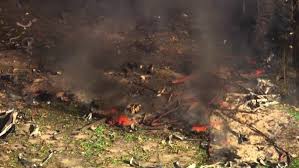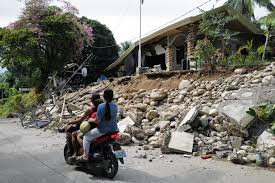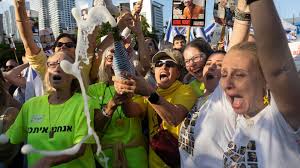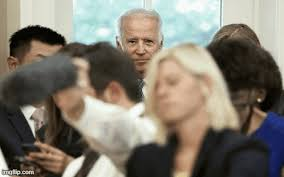Israeli forces conducted a targeted operation that resulted in the deaths of several high-ranking Hezbollah leaders. This action sent shockwaves throughout the region, igniting debates over the balance of power in Lebanon and the ongoing conflict between Israel and Hezbollah. As news spread, reactions varied widely, with some celebrating the operation as a blow against terrorism, while others condemned it as an act of aggression that could spiral into further violence.
Days after the attack, Hezbollah vowed to retaliate, rallying its supporters and solidifying its narrative of resistance against Israel. The streets of Beirut echoed with protests and rallies, as Hezbollah’s loyal base responded with fervor, showcasing a mix of defiance and grief for their fallen leaders. Meanwhile, the Israeli government defended its actions as necessary for national security, emphasizing its commitment to disrupting threats from militant groups along its borders.
As the situation unfolded, the potential for renewed conflict loomed large. Diplomatic channels buzzed with urgent discussions, as neighboring countries and international actors sought to mediate and prevent a wider escalation. The loss of prominent Hezbollah figures marked a turning point, but it also highlighted the fragility of peace in the region.
https://www.cnn.com/2024/09/30/middleeast/hezbollah-leaders-assassinated-israel-intl/index.html




